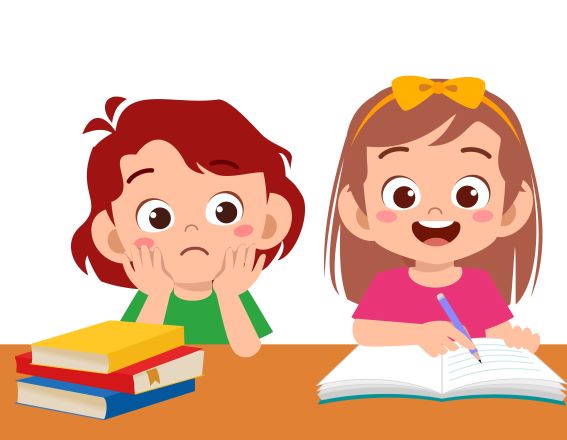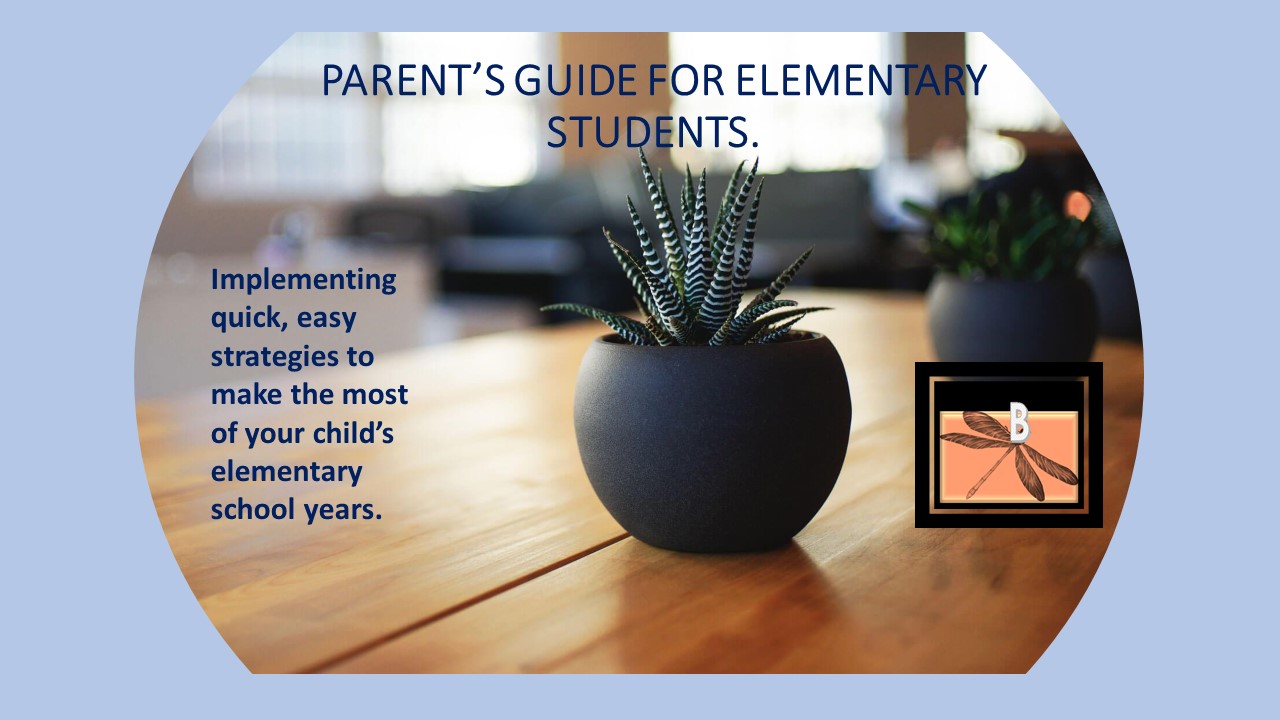
Did you know the extent to which your (parent/guardian) attitude towards learning or school greatly influences your child?
Very often, we see children disliking a subject, doing homework, or school in general. The odd thing is there is usually no reason for such intense dislike in the elementary years.
Subjects are taught in a way that applies to all modalities of learning, there is a lot of socializing, etc. Yet, there are quite a few times we see intense dislike towards a subject or just school in general.
Here are some examples of statements made by students.
“My parents don’t think it is important for me to pass with a high score, as I will be joining my dad’s party business. He makes a lot of money, you know.”
“Both my mom and I hate Math. She is not good at it and finds it boring.”
“My uncle says I don’t have to bother about school as I am good at soccer. I can be a great soccer player. I don’t need school for that.”
“Even my parents hate homework.”

Now the irony is that these students are really quite bright and capable of doing great work. However, with the statements mentioned above, one can imagine the conversation at home and how it impacts the child.
At conference time, I sometimes hear sentences such as these:
“I know how you hate homework, buddy. I hated it too.”
“I never liked Math as a kid. I still don’t.”
“You know kids. He just plays his games all evening. I can totally understand that. I wish I could do that. That is why he sleeps late and finds it hard to get up.”
Children are keen observers and listeners. They know when to use what they hear to get their point across. They might be feeling justified about their attitude towards their learning. After all, their parents felt the same way too. This is without even trying and judging things for themselves. Sometimes, it sounds like the child takes pleasure in how similar they are to their parents in their attitude towards learning.
As a teacher, I often worry that a disservice is done to the child when another’s opinion is internalized. Very often, the sentences are just a mirror copy of the parent or someone they look up to. They have given up on something, or dislike something without even giving themselves a chance to see if their stand really holds any truth.
Parents, as an adult you have a right to form an opinion. You have years of experience to base it upon. However, when it comes to your child, I would urge you to refrain from making negative comments towards learning or school. Your child looks up to you. They will take your stand at face value and internalizes it. This will deter them from taking a chance, and judging for themselves how they feel towards learning and school.



